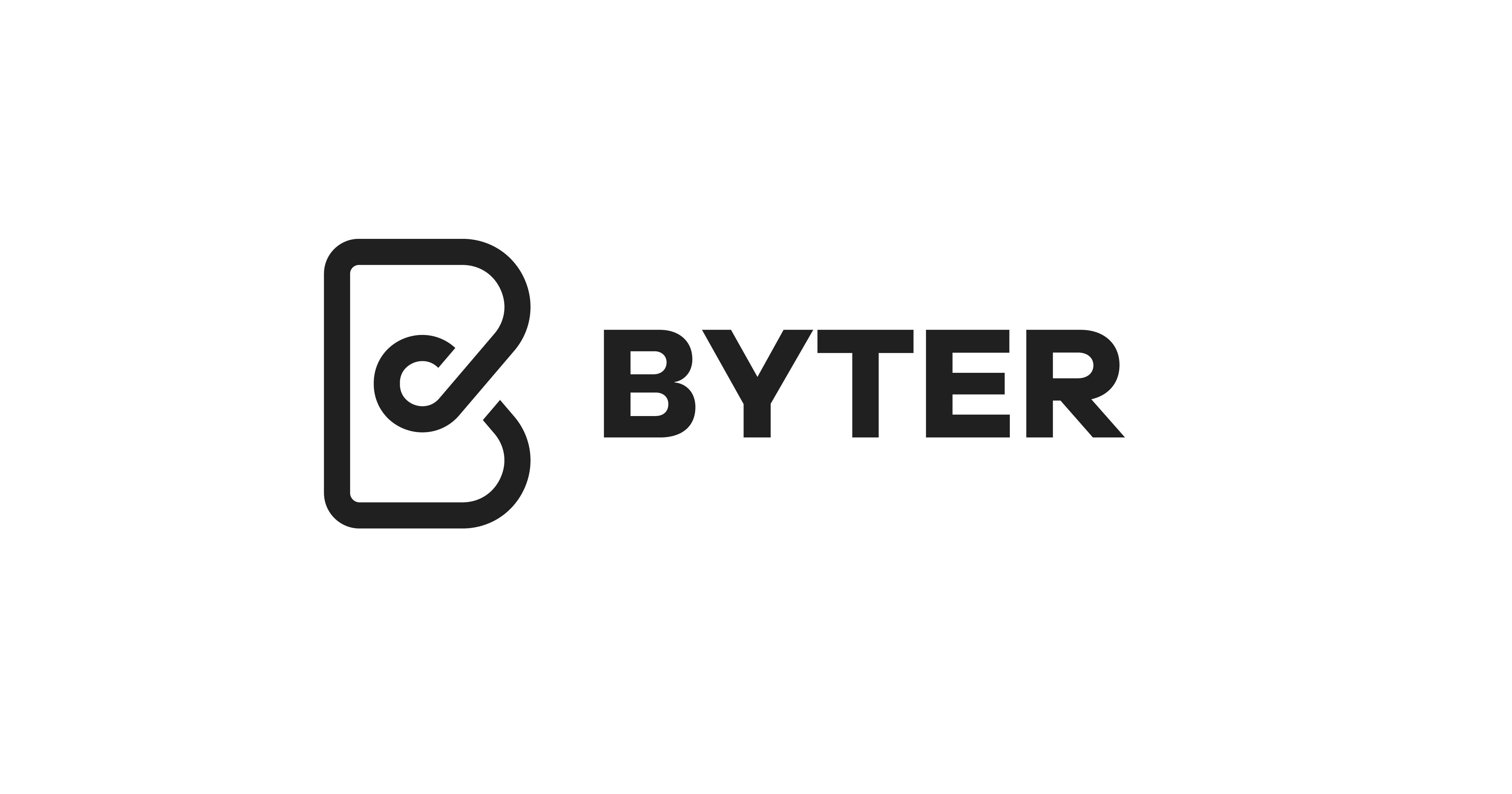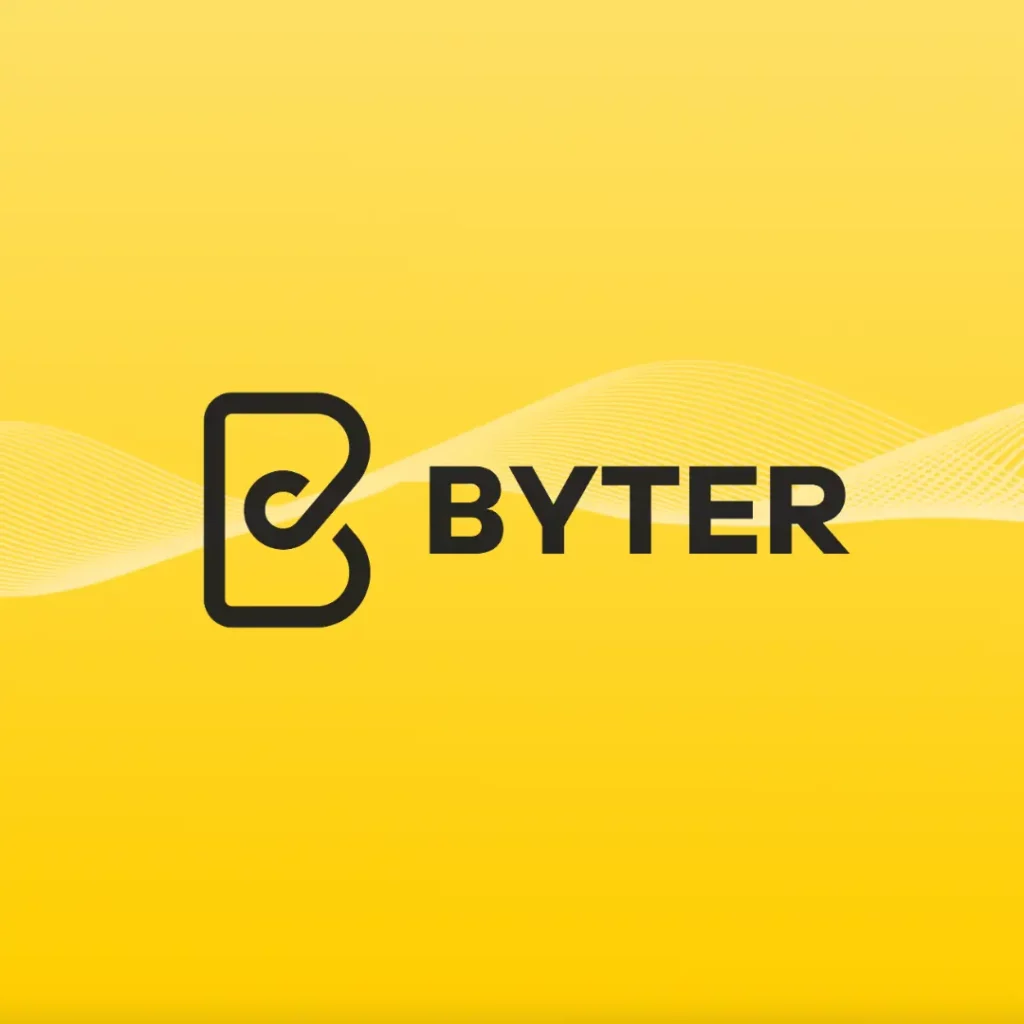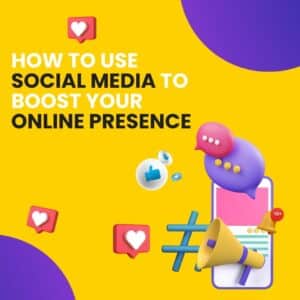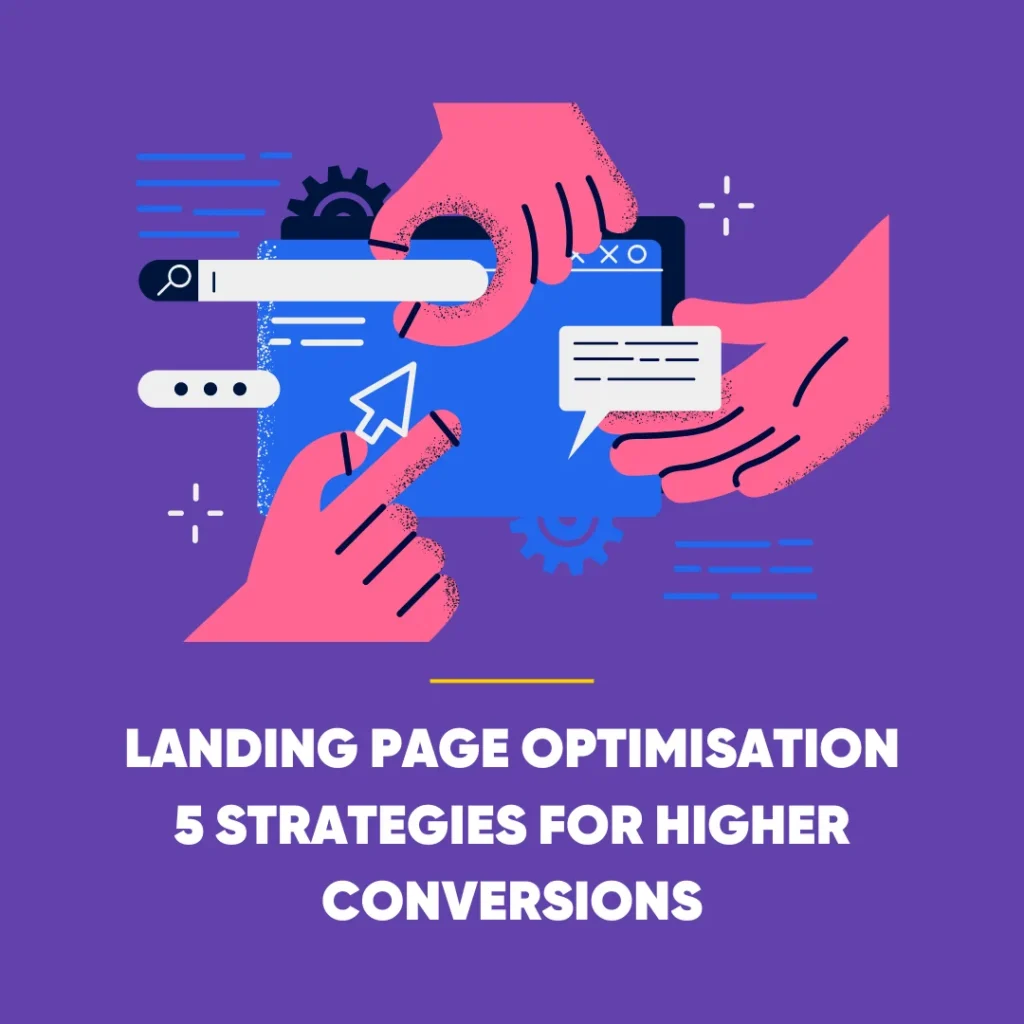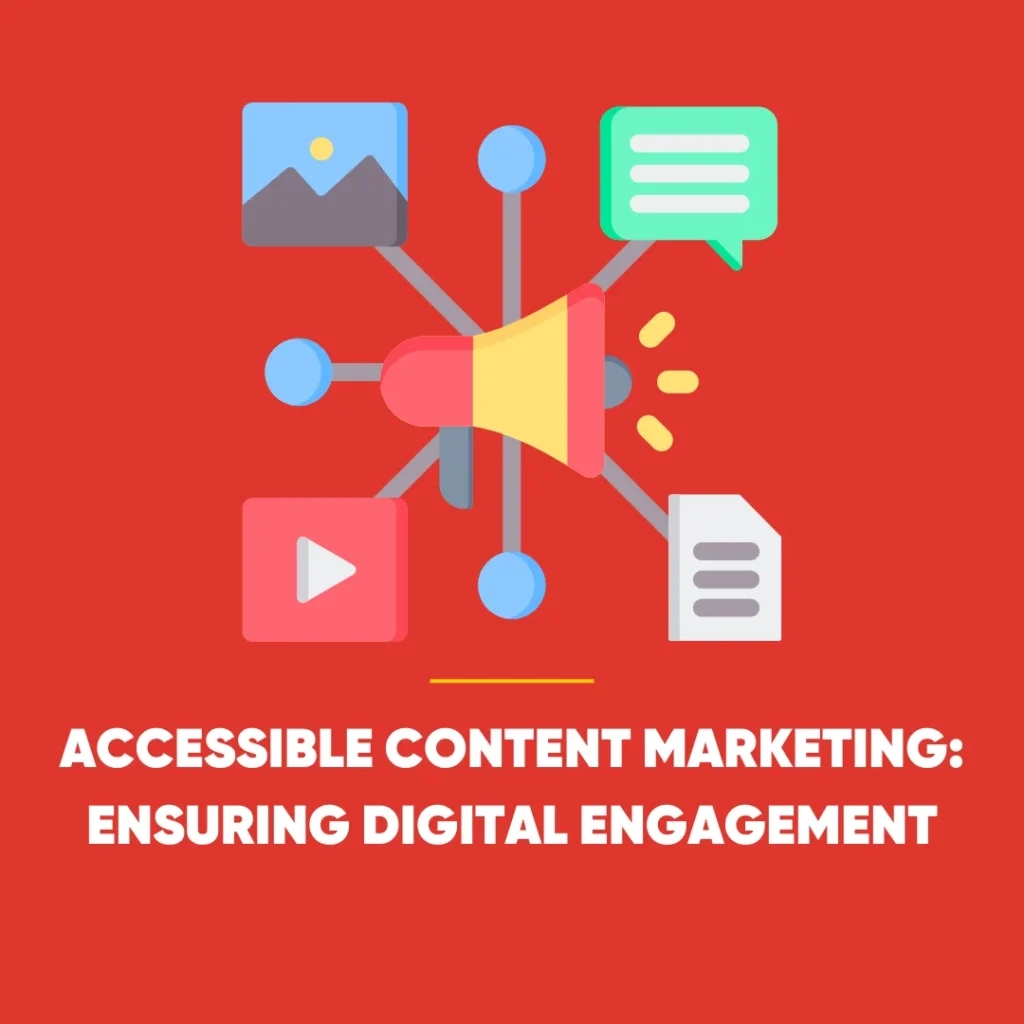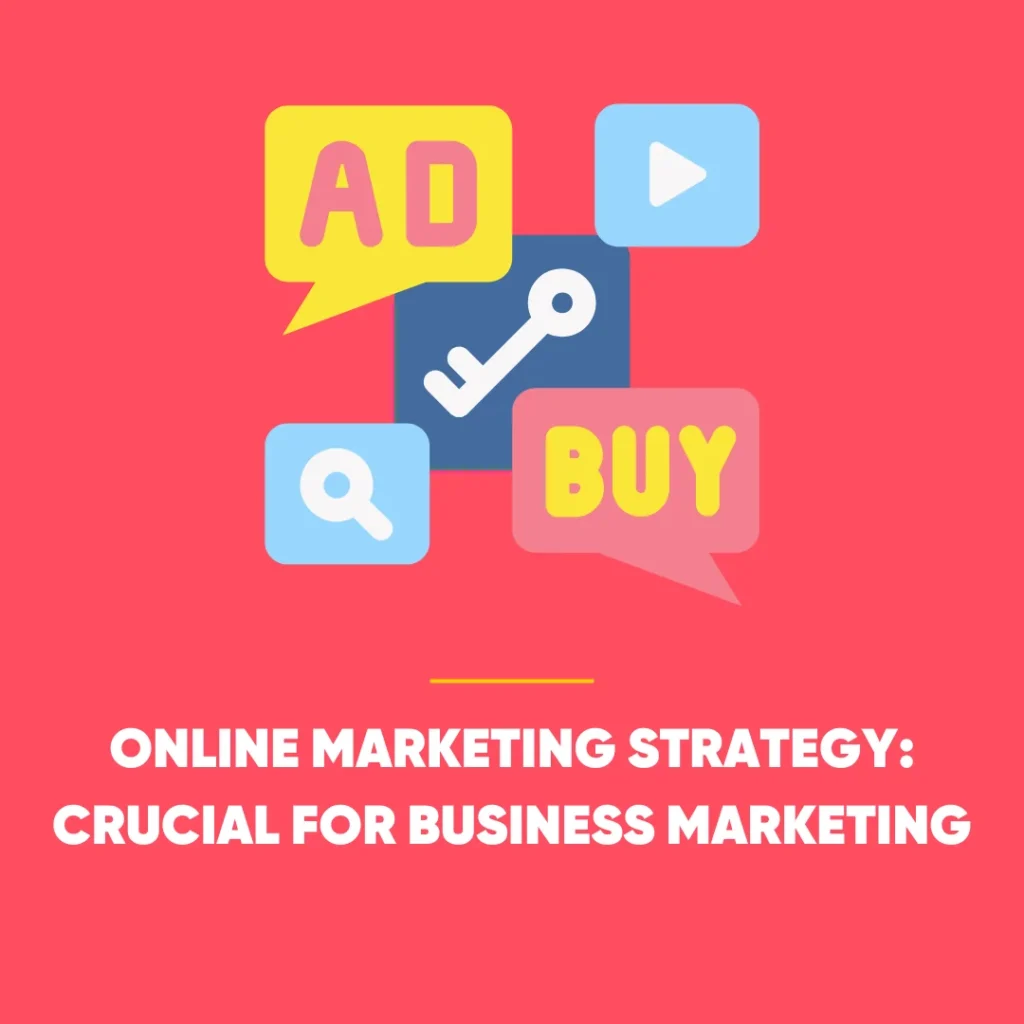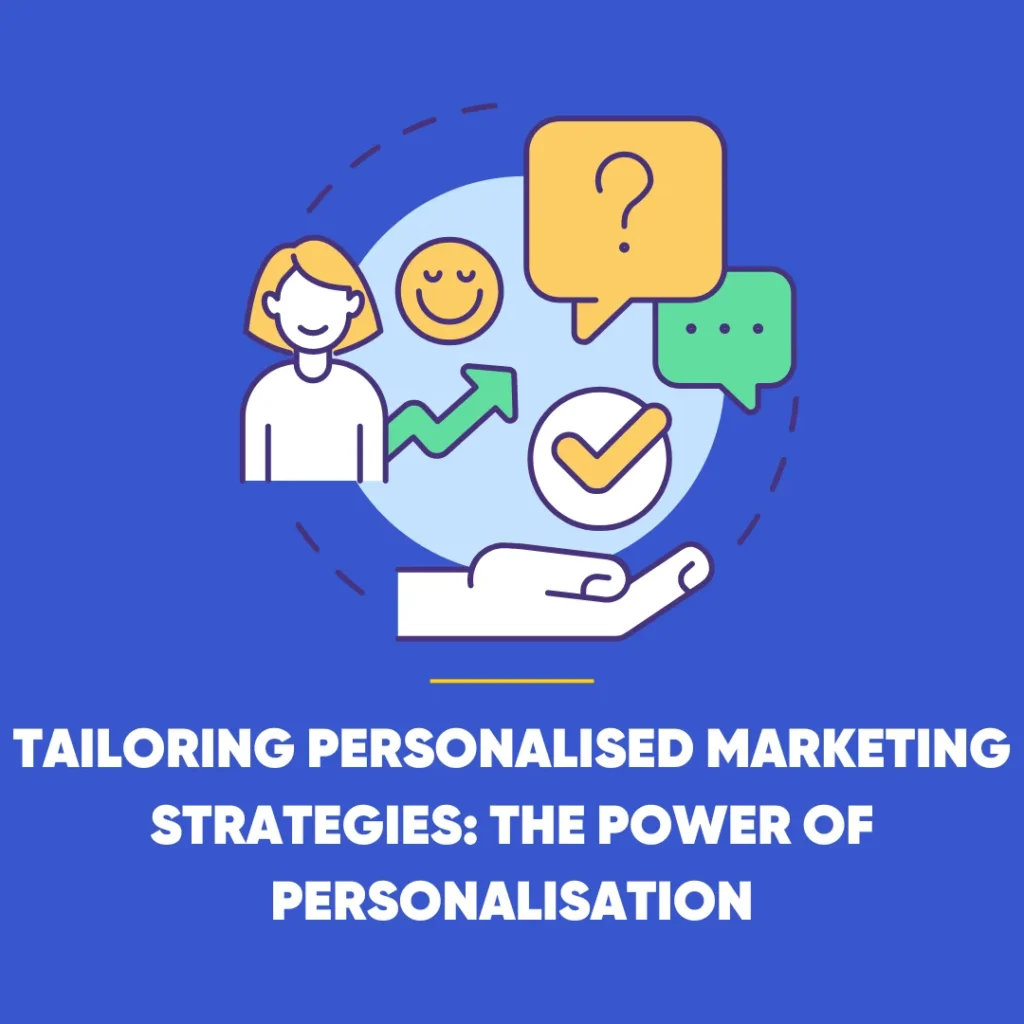Influencer marketing has become an increasingly popular form of marketing for businesses of all sizes, particularly small businesses. This marketing strategy involves partnering with individuals who have a large and engaged social media following, known as influencers, to promote your brand or product to their audience. In this article, we’ll provide an explanation of influencer marketing and an overview of how small businesses can benefit from it.
Explanation of Influencer Marketing
What is influencer marketing?
Influencer marketing is a type of social media marketing that involves partnering with individuals who have a large following on social media platforms such as Instagram, YouTube, or TikTok. These individuals, known as influencers, have built a loyal following based on their content and engagement with their audience. By partnering with influencers, businesses can leverage their audience to promote their products or services, ultimately leading to increased brand awareness, engagement, and sales.
How Small Businesses Can Benefit from Influencer Marketing
Small businesses can greatly benefit from influencer marketing for several reasons. Firstly, influencer marketing can greatly increase brand awareness. By partnering with an influencer, your brand can be exposed to a large and engaged audience that may not have been reached through traditional advertising methods. This increased exposure can also lead to increased website traffic and social media following.
Influencer marketing can also enhance credibility and trust in your brand. Influencers have built trust with their followers based on their authentic content and engagement with their audience. By partnering with an influencer, their endorsement of your product or service can help increase the credibility and trustworthiness of your brand.
Sales and conversion
Influencer marketing can directly impact a consumer’s purchase decision by providing them with a personal recommendation from someone they trust. By partnering with an influencer whose audience aligns with your target market, you can greatly increase the chances of converting their followers into customers.
In addition, influencer marketing can be a cost-effective marketing strategy for small businesses. Compared to traditional advertising methods, influencer marketing can be more affordable and have a higher return on investment (ROI). Small businesses can work with micro-influencers, who have smaller but more engaged audiences, to achieve the same impact as larger influencers but at a lower cost.
Brand Awareness
One of the most significant benefits of influencer marketing for businesses is increased brand awareness. Partnering with an influencer can expose your brand to a larger audience, leading to increased visibility and engagement. In this article, we’ll explore how influencer marketing can increase brand awareness and provide examples of successful influencer marketing campaigns.
How Influencer Marketing Can Increase Brand Awareness
Influencer marketing can greatly increase brand awareness by exposing your brand to a larger audience through the influencer’s platform. When an influencer promotes your brand or product to their followers, their audience is introduced to your brand, leading to increased visibility and recognition. This exposure can also lead to increased website traffic and social media following.
Credibility
Influencer marketing can provide a level of credibility to your brand. By partnering with an influencer who aligns with your brand values and target audience, their endorsement of your product or service can help establish trust with their followers, leading to increased credibility and brand loyalty.
Examples of Successful Influencer Marketing Campaigns
There have been several successful influencer marketing campaigns that have greatly increased brand awareness for businesses. One notable example is the partnership between Daniel Wellington, a watch brand, and influencer Kendall Jenner. Kendall promoted the brand to her millions of followers on Instagram, leading to increased brand awareness and sales for Daniel Wellington.
Partnerships
Another successful influencer marketing campaign was the partnership between Airbnb and Mariah Carey. The pop star documented her stay at an Airbnb property on social media, leading to increased interest and bookings for Airbnb.
Closer to home, small businesses can also benefit from influencer marketing to increase brand awareness. For example, a local coffee shop could partner with a local influencer to promote their brand to their followers, leading to increased visibility and potential customers.
Enhanced Credibility and Trust
How influencer marketing can enhance credibility and trust
Influencer marketing is a powerful tool that businesses can use to enhance credibility and trust with their target audience. By partnering with an influencer, a business can leverage their audience’s trust in the influencer and establish credibility for their brand. In this article, we’ll explore how influencer marketing can enhance credibility and trust, and provide examples of successful influencer partnerships.
Explanation of How Influencer Marketing Can Enhance Credibility and Trust
Influencer marketing can enhance credibility and trust by providing a personal recommendation from someone that their followers trust and admire. Influencers have built their following based on their authentic content and engagement with their audience, leading to a level of trust between the influencer and their followers. By partnering with an influencer whose audience aligns with your target market, you can leverage this trust and establish credibility for your brand.
Influencer marketing can help humanise your brand. By partnering with an influencer who shares similar values and interests as your brand, you can create a more personal connection with your audience. This personal connection can help establish trust and loyalty with your target audience.
Examples of Successful Influencer Partnerships
There have been several successful influencer partnerships that have enhanced credibility and trust for businesses. One notable example is the partnership between Nike and Colin Kaepernick. Nike’s decision to partner with Kaepernick, a controversial figure, to promote their brand was a bold move that paid off. The partnership led to increased sales and brand loyalty, as Nike’s audience respected their decision to align with a cause they believed in.
Another successful influencer partnership was the collaboration between Glossier, a skincare and makeup brand, and Emily Weiss, a popular beauty influencer. Glossier’s partnership with Weiss helped establish credibility for their brand and created a personal connection with their target audience.
Closer to home, small businesses can also benefit from influencer partnerships to enhance credibility and trust. For example, a local clothing boutique could partner with a fashion influencer to promote their brand, leading to increased brand recognition and trust with their target audience.
Increased Sales and Conversions
How influencer marketing can increase sales and conversions
Influencer marketing is a powerful marketing strategy that can increase sales and conversions for businesses of all sizes. By partnering with an influencer whose audience aligns with your target market, you can leverage their trust and credibility to drive sales and conversions. In this article, we’ll explore how influencer marketing can increase sales and conversions, and provide examples of successful influencer marketing campaigns that led to increased sales.
Explanation of How Influencer Marketing Can Increase Sales and Conversions
Influencer marketing can increase sales and conversions by providing a personal recommendation from someone that their followers trust and admire. When an influencer promotes a product or service to their audience, it can directly impact their followers’ purchase decision, leading to increased sales and conversions. Additionally, influencer marketing can help target a specific audience, increasing the chances of converting their followers into customers.
Examples of Successful Influencer Marketing Campaigns that Led to Increased Sales
There have been several successful influencer marketing campaigns that have led to increased sales for businesses. One notable example is the partnership between SugarBearHair, a hair vitamin brand, and influencer Kim Kardashian. Kim promoted the brand to her millions of followers on Instagram, leading to increased sales and brand awareness for SugarBearHair.
Another successful influencer marketing campaign was the partnership between Fashion Nova, a fashion brand, and Cardi B. The rapper promoted the brand to her followers, leading to increased sales and brand loyalty for Fashion Nova.
Closer to home, small businesses can also benefit from influencer marketing to increase sales and conversions. For example, a local restaurant could partner with a food influencer to promote their menu to their followers, leading to increased sales and brand recognition.
Cost-Effective Marketing
How influencer marketing can be cost-effective for small businesses
Influencer marketing is not only an effective marketing strategy but can also be a cost-effective option for small businesses. By partnering with an influencer, businesses can leverage the influencer’s audience and credibility, reaching a larger audience without breaking the bank. In this article, we’ll explore how influencer marketing can be cost-effective for small businesses and compare it to traditional marketing methods.
Explanation of How Influencer Marketing Can Be Cost-Effective for Small Businesses
Influencer marketing can be cost-effective for small businesses because it allows them to reach a larger audience without the high costs of traditional advertising methods. Traditional advertising methods, such as television or print ads, can be expensive and may not target a specific audience. With influencer marketing, businesses can partner with an influencer who aligns with their target market, reaching a more engaged and relevant audience.
Additionally, influencer marketing allows businesses to work within their budget. Small businesses can partner with micro-influencers, who have a smaller but more engaged audience, to reach their target market without spending a large amount of their marketing budget. This makes influencer marketing an accessible and cost-effective option for small businesses.
Comparison to Traditional Marketing Methods
Compared to traditional marketing methods, such as print ads or television commercials, influencer marketing can be more cost-effective for small businesses. Traditional advertising methods can require a large budget, and it may not be possible for small businesses to afford the high costs of these methods. Additionally, traditional advertising may not be as effective in targeting a specific audience.
In contrast, influencer marketing can be tailored to a specific audience and budget, making it a more cost-effective option for small businesses. Influencer marketing also has a higher engagement rate compared to traditional advertising methods, leading to increased brand awareness and sales for businesses.
Improved Social Media Presence
Examples of successful influencer partnerships that led to increased social media following
In today’s digital age, social media is a crucial aspect of a small business’s marketing strategy. By using influencer marketing, businesses can improve their social media presence and gain more followers. In this article, we’ll explore how influencer marketing can improve a small business’s social media presence and provide examples of successful influencer partnerships that led to increased social media following.
Explanation of How Influencer Marketing Can Improve a Small Business’s Social Media Presence.
Influencer marketing can improve a small business’s social media presence by leveraging the influencer’s audience and social media expertise. By partnering with an influencer who has a large following on social media, a small business can gain access to their followers and increase their brand’s visibility on social media platforms. Additionally, influencers have a deep understanding of social media algorithms, which can help businesses improve their social media strategy and reach a larger audience.
Examples of Successful Influencer Partnerships that Led to Increased Social Media Following
There have been several successful influencer partnerships that have led to increased social media following for businesses. One notable example is the partnership between Airbnb and influencer Mariah Carey. Mariah promoted the brand to her millions of followers on Instagram, leading to increased brand awareness and social media following for Airbnb.
Another successful influencer partnership was the collaboration between Sephora, a beauty brand, and influencer Huda Kattan. The partnership helped Sephora reach Huda’s followers and increase their social media presence, leading to increased sales and brand loyalty for the beauty brand.
Closer to home, small businesses can also benefit from influencer partnerships to improve their social media presence. For example, a local coffee shop could partner with a food influencer to promote their menu and coffee art, leading to increased social media following and brand recognition.
Finding the Right Influencer
Tips for finding the right influencer for your small business
Influencer marketing can be a valuable tool for small businesses looking to increase brand awareness, sales, and customer loyalty. However, finding the right influencer can be a challenge. In this article, we’ll explore tips for finding the right influencer for your small business and factors to consider when selecting an influencer.
Finding the right influencer for your small business requires research and consideration.
Here are some tips to help you find the right influencer for your small business:
- Define your target audience: Understanding your target audience is key to finding the right influencer. Look for influencers whose followers align with your target market.
- Research influencers: Use social media platforms to research influencers in your industry. Look for influencers who have an engaged following and a similar brand image to your own.
- Consider micro-influencers: Micro-influencers have a smaller but more engaged following and can be more affordable than macro-influencers.
- Review their content: Review the influencer’s content to ensure that it aligns with your brand’s values and image.
- Evaluate their engagement: Evaluate the influencer’s engagement rate to ensure that their followers are engaged with their content.
Factors to Consider When Selecting an Influencer
When selecting an influencer, there are several factors to consider. Here are some key factors to keep in mind:
- Relevance: Look for influencers who are relevant to your industry and target audience.
- Authenticity: Choose influencers who are authentic and have a genuine connection with their followers.
- Reach: Consider the influencer’s reach and how many followers they have.
- Engagement: Evaluate the influencer’s engagement rate to ensure that their followers are engaged with their content.
- Reputation: Research the influencer’s reputation and ensure that they have a positive image and no controversial history.
Measuring ROI
Explanation of how to measure ROI for influencer marketing campaigns
Measuring the return on investment (ROI) of influencer marketing campaigns is critical for businesses looking to assess the effectiveness of their marketing efforts. In this article, we’ll explore how to measure ROI for influencer marketing campaigns and the tools and metrics businesses can use to track influencer marketing success.
Explanation of How to Measure ROI for Influencer Marketing Campaigns
Measuring ROI for influencer marketing campaigns involves calculating the costs of the campaign and the revenue generated as a result of the campaign. Here are the steps to measure ROI for influencer marketing campaigns:
- Calculate the cost of the influencer campaign: This includes the cost of the influencer’s fee, any additional expenses such as product samples, shipping costs, and campaign management fees.
- Track revenue generated: Track the sales or conversions generated as a result of the influencer marketing campaign. This could be through coupon codes, affiliate links, or tracking URLs.
- Calculate the ROI: Divide the revenue generated by the cost of the campaign and multiply by 100 to calculate the ROI percentage.
Tools and Metrics for Tracking Influencer Marketing Success
Tracking influencer marketing success requires the use of tools and metrics to monitor the effectiveness of the campaign. Here are some tools and metrics businesses can use to track influencer marketing success:
- Google Analytics: Google Analytics can track traffic, conversions, and other metrics for the influencer campaign.
- Social media analytics: Social media platforms such as Instagram and Twitter offer analytics tools to track engagement, reach, and follower growth.
- Affiliate tracking software: Affiliate tracking software can track conversions and revenue generated by the influencer campaign.
- Coupon codes: Coupon codes can track the number of redemptions and the revenue generated from the influencer campaign.
- Survey feedback: Conducting customer surveys can provide feedback on the effectiveness of the influencer campaign and any areas for improvement.
Conclusion
Influencer marketing has become a popular marketing strategy for businesses of all sizes, including small businesses. In this article, we’ve explored the benefits of influencer marketing for small businesses, including increased brand awareness, enhanced credibility and trust, increased sales and conversions, cost-effective marketing, improved social media presence, and more. We’ve also discussed tips for finding the right influencer for your business and how to measure the ROI of your influencer marketing campaigns.
Overall, influencer marketing can be a valuable tool for small businesses looking to increase their reach, credibility, and sales. By partnering with the right influencer, businesses can gain access to their engaged and relevant audience, leading to increased brand awareness and social media following. Furthermore, measuring ROI and tracking success can help businesses make data-driven decisions and optimise their influencer marketing campaigns for maximum results.
Takeaway
As a small business owner, it’s important to consider influencer marketing as part of your marketing strategy. By following the tips and strategies outlined in this article, you can find the right influencer for your business and harness the power of influencer marketing to achieve your marketing goals. So, take the first step and consider influencer marketing as part of your marketing plan today.
Good Luck.
